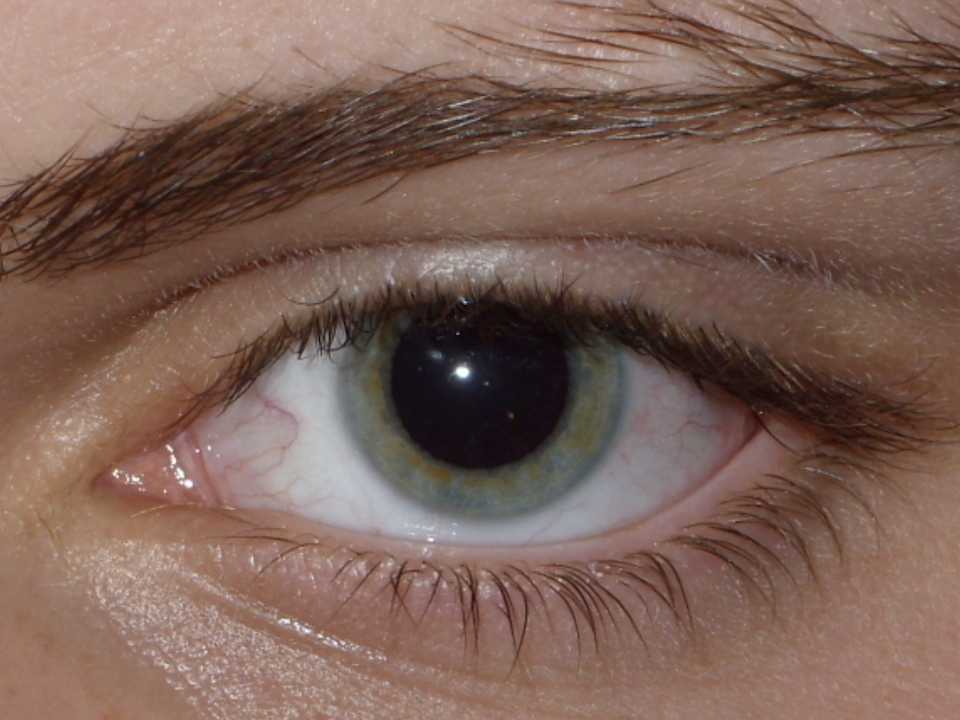Why Do My Eyes Need To Be Dilated?
Let’s face it, having your eyes dilated is annoying! Lights are brighter, it can be harder to read up close. It’s almost as annoying as the eye-ball puff test (nothing will ever be as annoying as that!). So why can’t we just skip this step? Despite being annoying, dilation is crucial in eye examinations. There are two main reasons why.
The primary reason eyes are dilated is so that us eye doctors can take a good look at the back of your eye. When light enters the eye, light hits the back of the eye called the retina. It is the retina which converts this light into signals to pass to the brain for us to see. However, when light is shined in the eye, the iris (the colored part of the eye), shrinks and narrows the size of your pupil. This helps to regulate how much light enters the eye but smaller pupils make it harder to examine the retina. It’s kinda like trying to examine an object by looking through a straw. This is where the dilating drops come in handy! By dilating the iris and enlarging the pupil, we get a magnificent view of the retina to ensure that it looks healthy!
But the fun of dilation drops doesn’t end there! Dilation (and more specifically cycloplegia) serves an important role in determining the true prescription of the eye. When we are all young, the natural lens inside our eye and the muscles controlling it allow us to focus up close. But the focusing ability of this lens also can focus through unnecessary prescription in glasses or while being measured for glasses. Cycloplegic dilating drops temporarily prevent this lens from focusing. Doing so allows for very accurate measurements of the prescription of the eye!
Whether being measured for a new pair of glasses or contact lenses or getting ready to undergo lasik, PRK or ICL, having a dilated exam is a very important step to get the best results!
Related Articles
Also check out EyeMountain.com for more great eye articles
Please note: The general information provided on the Website is for informational purposes only and is not professional medical advice, diagnosis, treatment, or care, nor is it intended to be a substitute therefore. See the Disclaimer and Terms of Use for more information
